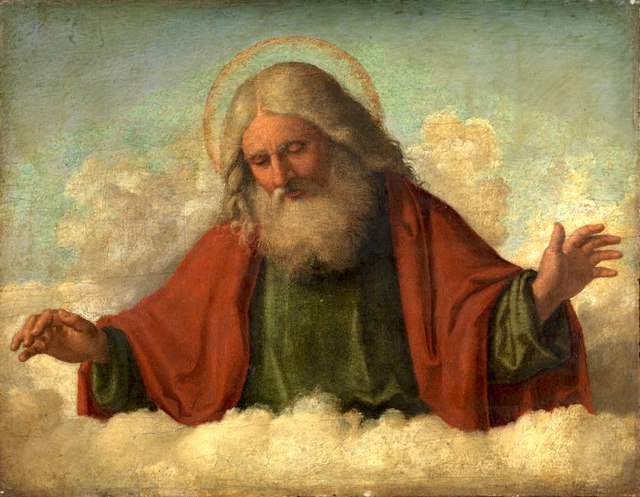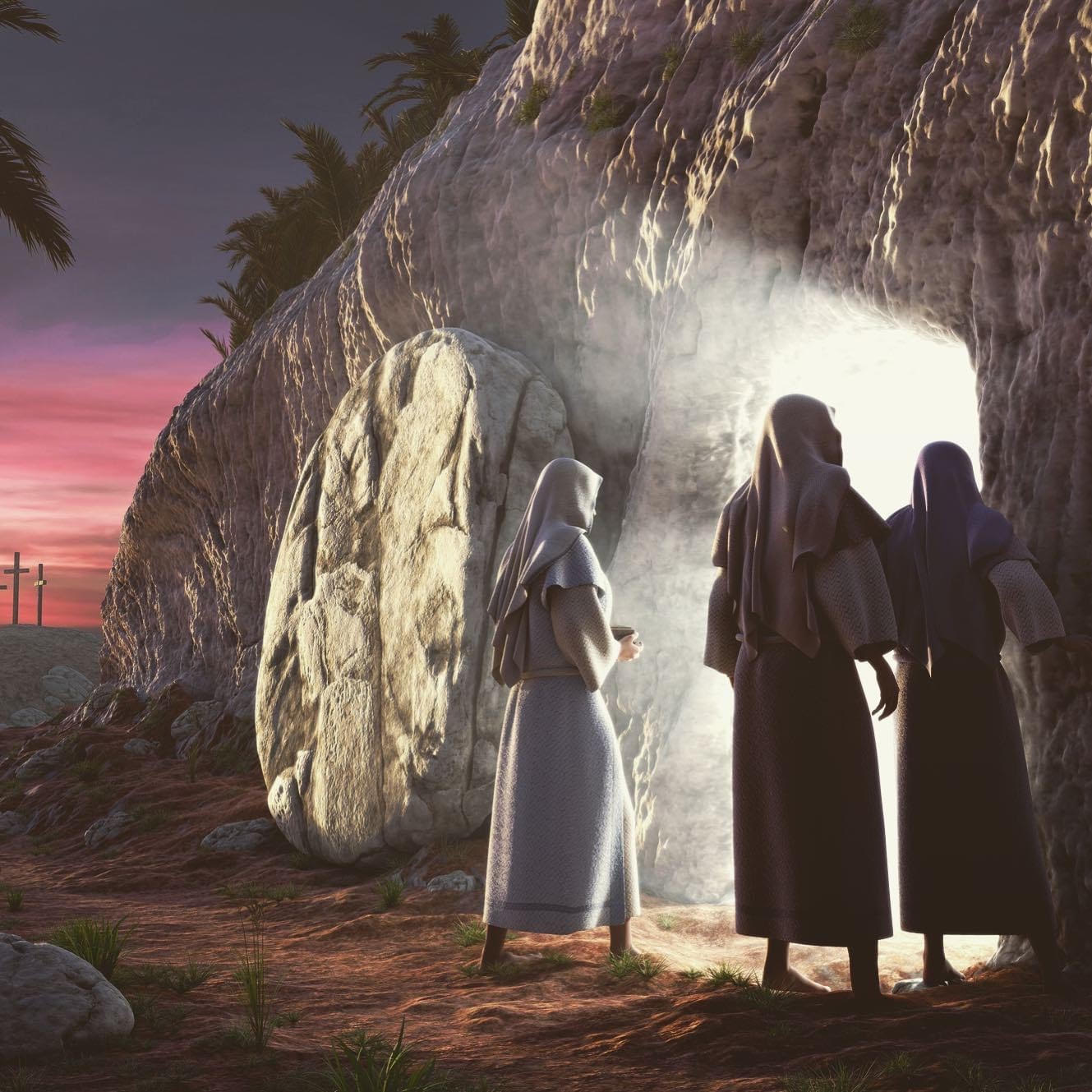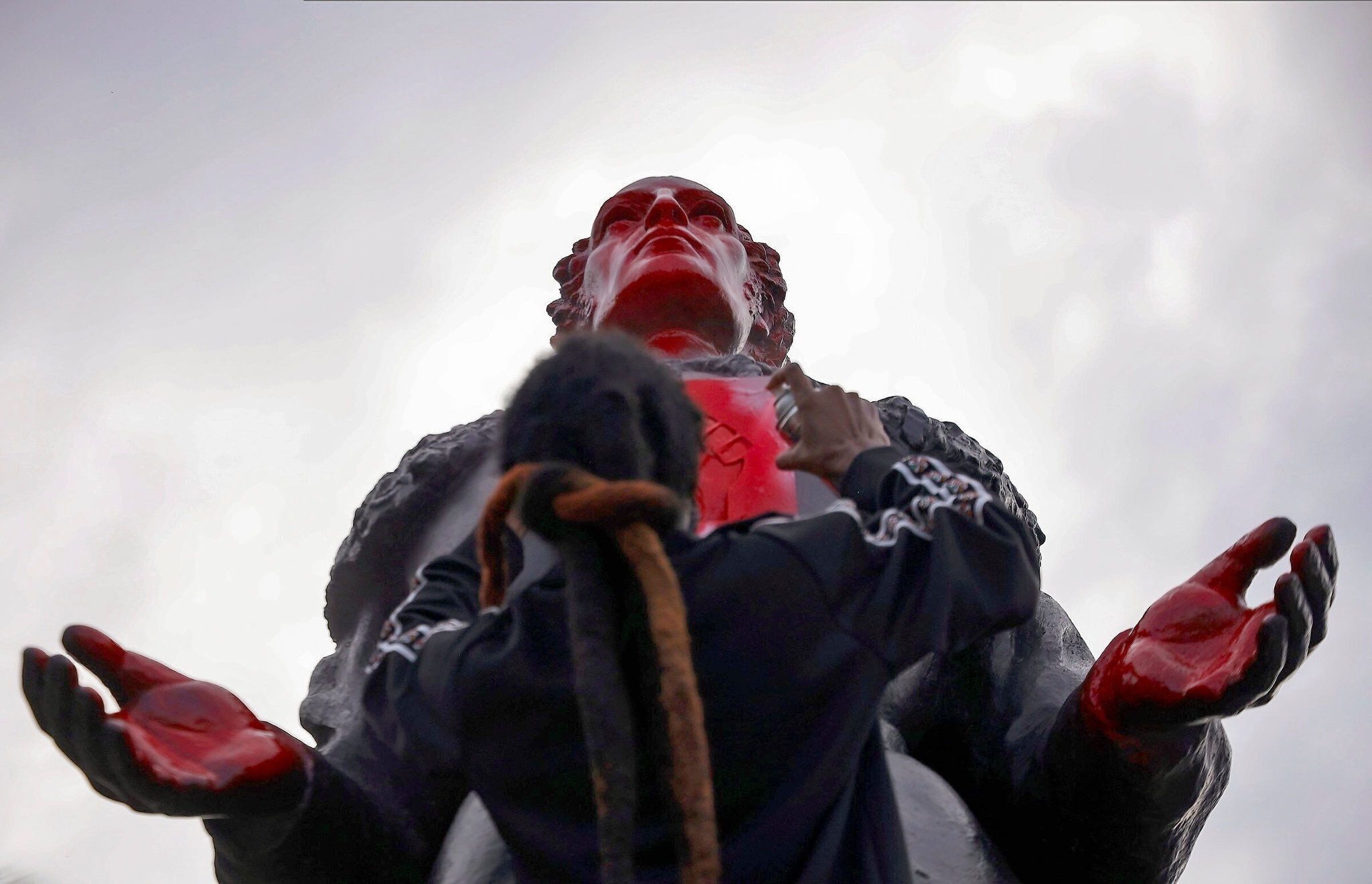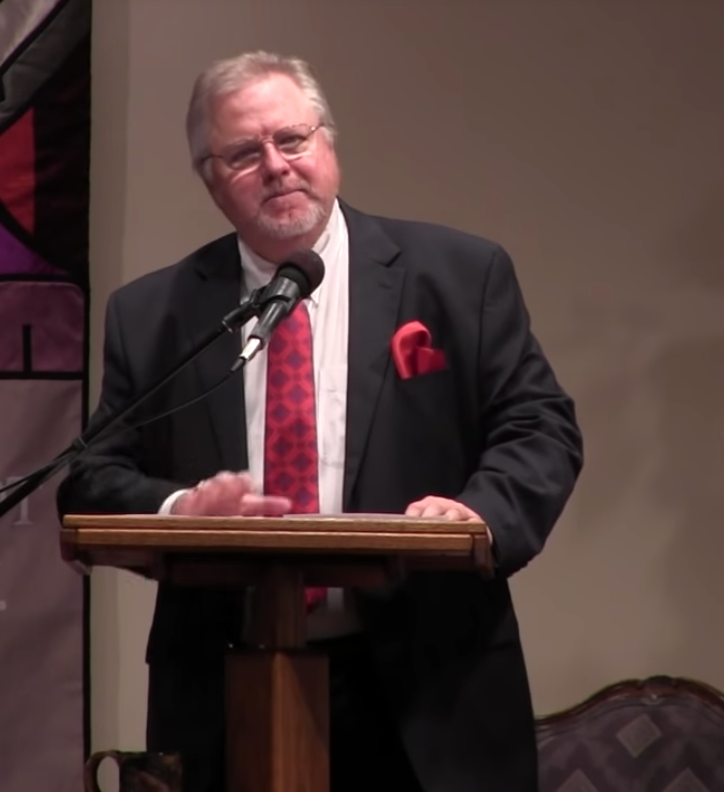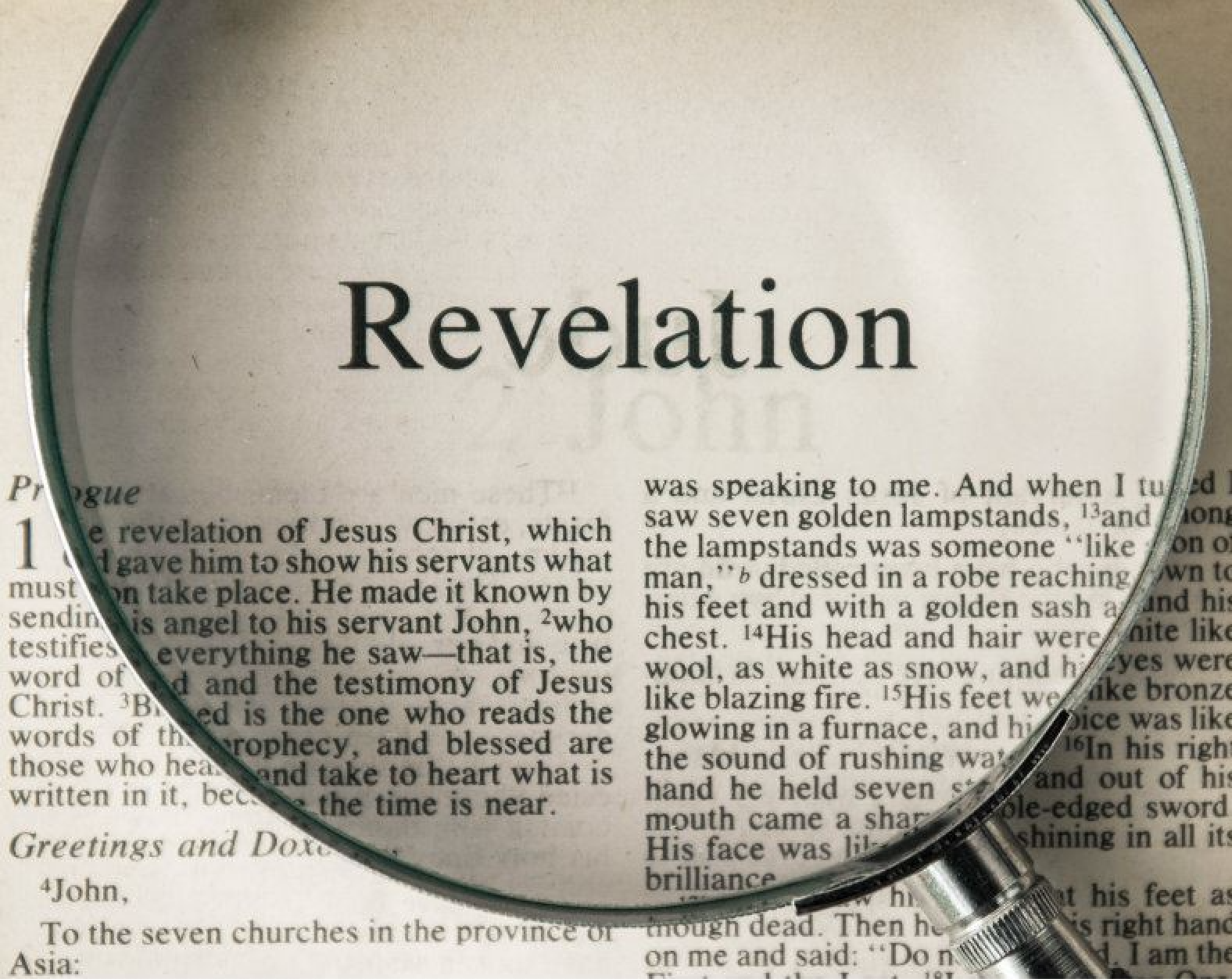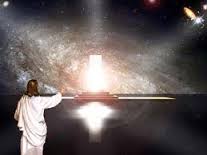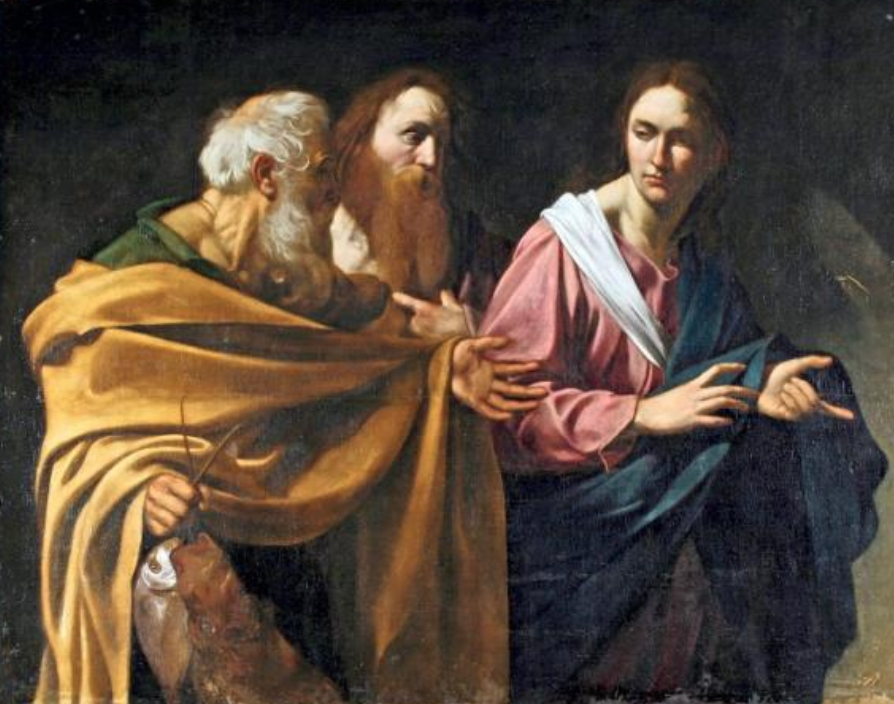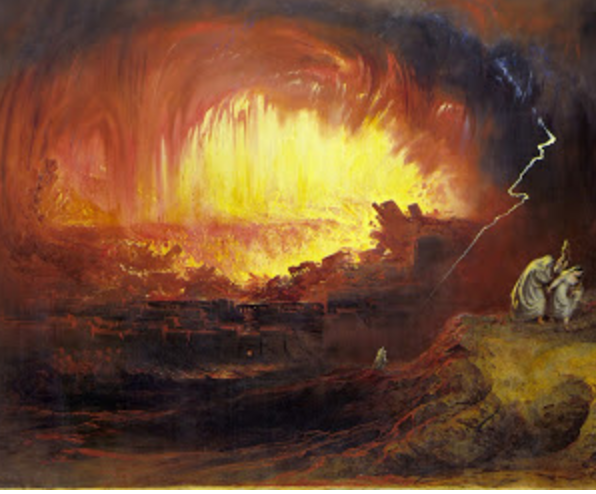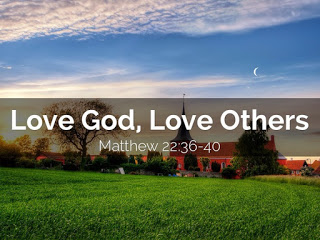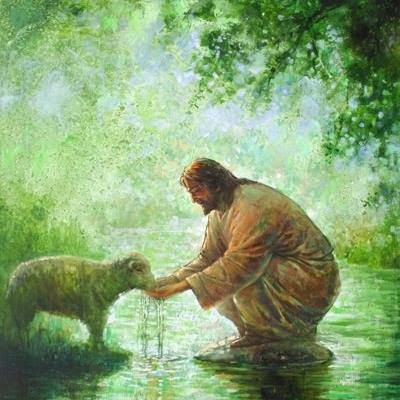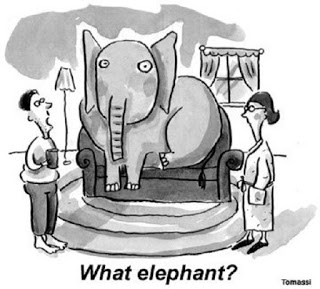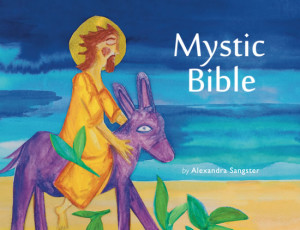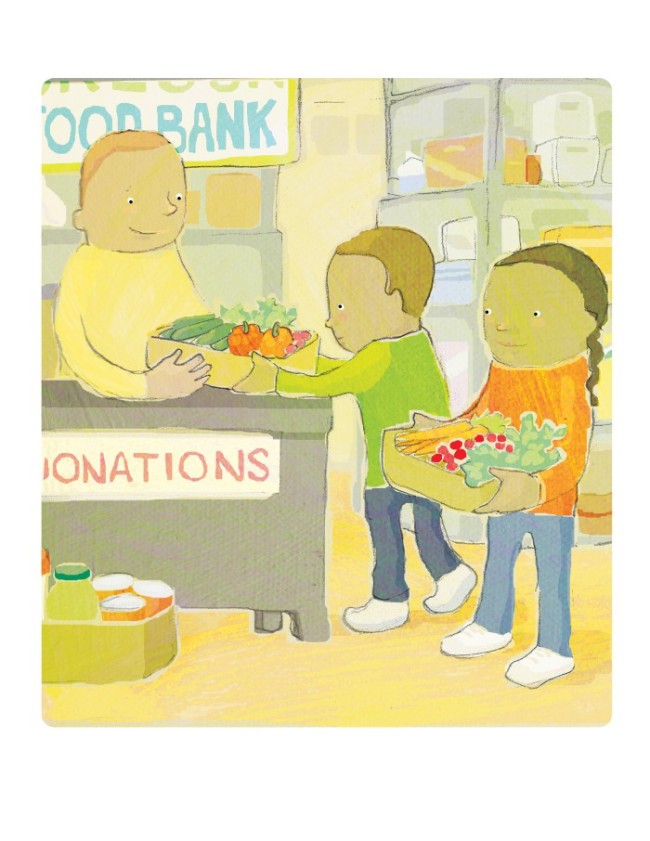Why “What’s Fair Is Fair” is a Dead-end Destination
We live in a world of what I sometimes describe as disproportionate parity, where the ancient version of justice (lex talionis) that’s still widely practiced today provides justification for an excessive retaliatory response.
The central focus of Jesus’ message was to announce the imminent coming of the kingdom of God. This is what he was sent to do. (Luke 4: 43-44) This kingdom would be on earth for the people of Israel. (Matthew 10: 5-8) Although Jesus gives few details on how this kingdom would operate.
For context to the comments to follow, it is suggested one read Matthew 13. Verses 1-8 are deemed to likely be attributable to the historical Jesus; while verses 18-23 are an interpretation and application by Matthew’s early church community.
Q&A With Dr. Carl Krieg
Accepting that the Gospel accounts of events in Jesus and the disciples’ lives are nonhistorical creations intended to reach Jews in a traditional Jewish liturgical framework, what *did* Jesus do and say that made the God’s presence in human life so clear to his followers?
For some time now, Progressive Christians have distinguished themselves from Fundamentalists and Evangelicals by ignoring gender differences, rejecting Biblical literalism and emphasizing the importance of Jesus’ vision for a “kingdom of God on earth.” But the primitive belief that propitiation can be attained through substitutionary atonement still lives on in most Progressive Churches.
Even as we consider all the facts, the basic story that emerges is quite simple. The disciples were re-born while they lived with Jesus, and his death neither deterred nor discouraged them. Instead, they turned to one another and embraced, fully aware in their hearts that he was not only still with them, but also that the newness he embodied embraced the universe. This was the bedrock of their faith and forms the foundation for the day we call Easter.
Along comes the dispute over the monuments of famous historical figures now considered worthy by some of being knocked off their high horses. It is a reminder for us all to reconsider just who, or what, each of us believes is of such monumental importance and value that we would elevate it to a place of prominence. For those who would follow claim to be followers of a Jesus figure of our own understanding, one might do well to reflect on whatever “divine” attribute one might accord such a revered figure.
How did we get here? All over the world people are marching in the streets proclaiming, “Black lives matter.” Millions have defied the fear of the corona virus, and taken their lives into their hands to venture out into the streets to protest the systemic racism that permeates institutions all over this planet.
Some people are highly devotional because it is scary having one's paradigm shattered. This is to be exposed to the chaos of one’s own mind (the devil!). It is much easier to cling to the established artifacts of one’s own thinking then to fall into the pit of chaos. Most people would rather die than admit that the belief system/paradigm that they have carried most or all their life is wrong in spite of proof of error time and time again.
Much of human life is spent in an illusory world that is mistaken for reality. The sun comes up each morning, runs its course, and day by day we fall into routines that we pretend will never end. When crises come, as we know they will, false confidence and phony optimism are shattered by calamity. Overwhelmed by anxiety and grief, we feel mistreated, betrayed, or helpless. Then comes the thought: “Am I all alone? Does God care?”
If we pay attention, the Christmas story is a mirror held up for us to see that we live in a country where the government locks thousands of migrant children into dog cages, sexually abusing some, torturing others, and allowing many to die while the church is largely compliant and silent. And we seriously wonder if this government might actually win election approval from poor church goers in a few months. Merry Christmas?
This is what the Book of Revelation is really about. It's not about the end of the world, as such. It's about the destruction of the feudalistic, repressive, economic monolith which it calls “Babylon the Great”.
Sermon with Bishop Yvette Flunder
A Scripture reading from Matthew 5: 13 & a special guest sermon by Bishop Yvette Flunder.
You may have sung this morning’s hymns and heard the gospel reading and wondered “Is this make-believe?” Perhaps you’ve never entered this church before, let alone attended on an Easter morning. You’re home for the weekend with your family or boyfriend or girlfriend or you’re here alone. Are you’re sitting here struggling over some of the details of the resurrection story that leave you perplexed, cynical or simply scratching your head. These are claims made by the apostle Paul and others who struggle to convey an experience of possibilities that cannot be fully expressed in words.
Restoration of a Vision from the Christian Faith Tradition
What might constitute an adequate improvement to the world order? This commentary constitutes an exploration of this pesky, perennial question about "a better world" from the vantage point of one faith tradition, and in contemporary context. Its intention is not to offer novelty or any new revelatory insight, but rather to remember and restore a perspective that lies at the heart of a biblical gospel tradition; based on the teachings of a pre-Easter human Jesus.
Did you ever read something in the Bible and wonder what you just read? So, you read it again. It still makes no sense. You try again. Nothing. Here’s an example from Matthew 21:18–19. Jesus arrived in Jerusalem and was hungry. He saw a fig tree, but he went to it, he found no fruit, only leaves. Jesus said to the tree, “May no fruit ever come from you again!” And the tree “withered at once.” Huh?
The Problem with Blessings and Curses
“Have a blest day?” What in this world does that mean? Better luck or good karma, instead of bad? In the ancient world, denoting someone as “blest” was a way of expressing a deity’s special favor towards that person. If that sounds quaint, there are still plenty of people today who believe they can curry favor or improve the odds of achieving more blessings than curses; while politicians routinely conclude their speeches by invoking the Almighty to bless the good ‘ol USA. There’s just one problem. It doesn’t work.
Today we have large numbers of people who say they are spiritual but not religious. They are not interested in a ‘feel good religion that promises heaven.’ They want to be involved in making the world a better place and are tired of a religion that often comes across as bigoted and judgmental rather than accepting others in love and advocating justice for all.
– a sermon on the Parable of the Talents, Matthew 25: 14-30
We all know full well that millions and millions are suffering and dying and yet to protect ourselves we bury what has been given to us, because we are afraid of being consumed by the wicked master who will surely banish us into the darkness if we do not keep safe what we have been given. We dare not risk loosing anything at all, lest we end up in the outer darkness weeping and gnashing our teeth. So, for the most part we play it safe and we don’t take any risks and we spend our lives living in fear of that wicked master. If I had to draw a line between the wicked slave-master and some character, I wouldn’t have that line end up with God. Indeed, I’m sure that the wicked master is not God.
It is good for us to be here. Be attentive. The Webster Dictionary defines an ‘aha moment’ as a point in time
Watch what happens to most of the D&D when the theistic god of yesterday is promoted to encompass the entire universe. One can no longer think about a small Master Puppeteer but more in terms of a force that some call Creation or Ground of All Being. This force has no gender, sexuality, children, color, or religion. It’s simply there, everywhere, creating.
We've been robbed of the power of the story of Sodom. It should be a strong companion to Matthew 25:31-46, which also gives dire warnings for those who do not serve Jesus by feeding the hungry, welcoming the stranger and the other Works of Mercy. It's a path that ends in destruction.
Part 4 of the series, What Makes a Christian?
Sometimes our greatest breach with Scripture is not when we outright contradict it--it's what we choose to prioritize, diminish or outright ignore. There is a time for everything under heaven (Ecclesiastes 3:1). We need to put first things first and second things second. Much of Christianity focuses on salvation plans and doctrinal ideas.
I recently heard a Christmas Eve sermon titled “Mary Had a Little Lamb,” recited entirely in rhymed couplets and delivered without a manuscript. Running for nearly eleven minutes, it was quite a remarkable feat.
Part 2 in Series: What Makes A Christian?
It is amazing how often we fail a most basic mark of the faith. It is a downright scandal how rarely it is preached. It's questionable how directly our religious and moral practices stem from it. Yet if we believe the direct words of Jesus Himself--you know, God--the very ability of others to recognize our Christian identity is dependent on how we follow this. We gather in churches. We have elaborate worship and praise. And yet we barely give lip service to the first and foremost of the commandments. When we do, it is often to give exceptions--No, Jesus didn't really mean that. . . I'm talking about the Greatest Commandment--love God and love neighbor. Abundantly.
Part 1 of the series, What Makes a Christian?
In John 13:34-35, Jesus states that our very public witness of our Christian identity itself depends on whether or not we love one another. Otherwise, people will not recognize that we are indeed Christians. Jesus tells us to follow his example. Jesus not only gives the commandment to love, but also states that His life has modeled this love.
The Mystic Bible is perfectly balanced on the progressive spectrum, meaningful for people who are deeply connected to the stories of the Bible, mystical and poetic, and yet innovative and theologically progressive.
When we share, our awareness grows beyond our little self to a broader reality.


